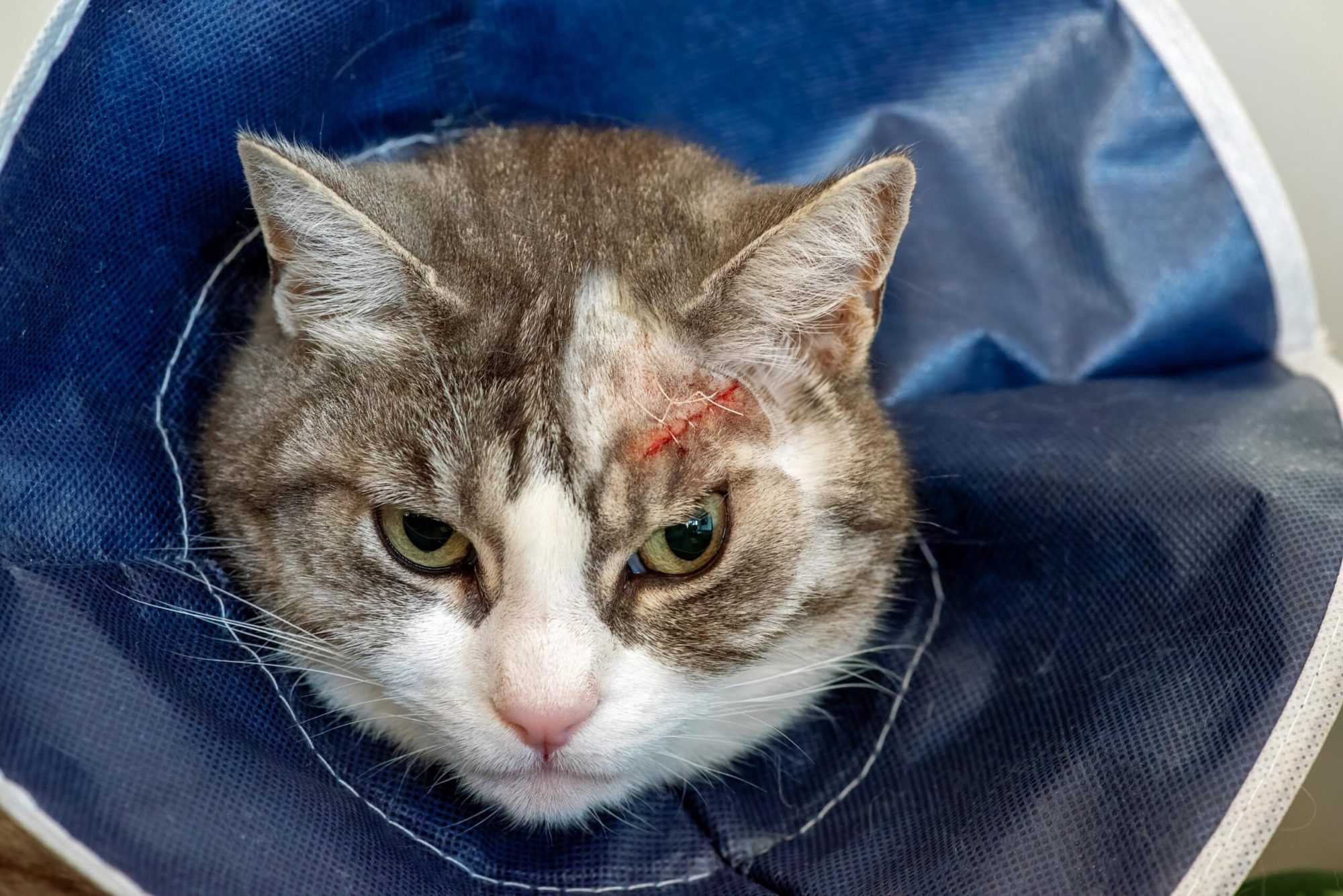Common Growth Removals For Dogs and Cats

Englishtown Pet MD and our mobile clinic, Mobile Met MD, offer comprehensive care and expertise for your furry companions. With a deep understanding of the distress pet owners face when they find an unusual growth on their pet, we’re well-equipped to address these concerns with compassion and proficiency.
Types and Characteristics of Growths
When you discover a growth, understanding what you’re observing can be the first step toward effective treatment. Growth types on pets can vary greatly, each with unique characteristics:
- Basal Cell Tumors: In dogs, these growths are typically small, and may have a pearly appearance. They’re often found on the head, neck, and shoulders. In cats, they can be more aggressive, appearing as firm, raised nodules that may ulcerate. Pet owners need to monitor these for changes in size, shape, or color.
- Sebaceous Cysts: Commonly referred to simply as cysts, these are noncancerous and filled with a cheese-like or oily material. They can arise from blocked oil glands and are generally not painful unless they become infected.
- Lipomas: These soft, movable lumps under the skin are usually benign and composed of fat cells. While not usually a health threat, they can grow large enough to cause discomfort.
- Mast Cell Tumors: These can vary in appearance and may be mistaken for other kinds of growths. They can be particularly problematic, especially in dogs, and require prompt veterinary attention.
- Abscesses: Resulting from infection, these pus-filled growths can be painful and may require drainage and antibiotics.
Understanding these distinctions is vital, as each type requires a different approach to treatment.
Understanding Pet Growth Removals
When it comes to pet surgery for growth removals, our approach is one of meticulous care and precision. The process typically begins with a thorough examination and may involve diagnostic testing such as biopsies or fine-needle aspirates to determine the nature of the growth. If surgery is deemed necessary, our skilled veterinarians perform the procedure with the utmost attention to safety and pain management, ensuring a smooth recovery.
Aftercare and Monitoring
Post-surgical care is as critical as the surgery itself. Englishtown Pet MD provides detailed aftercare instructions to help your pet recover quickly and comfortably. Monitoring the surgery site for signs of infection or unusual changes is crucial, and regular follow-up appointments allow for a professional assessment of the healing process.
The Importance of Regular Veterinary Check-ups
Regular veterinary check-ups play a pivotal role in the health and longevity of our pets. These routine visits are a proactive step in detecting and preventing serious conditions that could affect our pets’ quality of life.
During these check-ups, veterinarians can spot changes owners might overlook or dismiss as benign. Growth such as basal cell tumors and cysts, which may seem insignificant at first glance, can be early signs of more serious health issues. By detecting these growths early, we significantly increase the chances of successful treatment, and can often spare our pets from extensive and invasive procedures.
These check-ups are also an opportunity to keep your pet up-to-date with vaccinations and parasite prevention. Regular blood work and other diagnostics can reveal health issues that are not outwardly visible.
When to Contact Englishtown Pet MD
As a pet owner, you know your furry friend best. It’s important to keep an eye on your pet’s skin and coat, watching for any changes or new growths. Early detection and treatment are key to managing these conditions effectively.
Dr. Mary Kwacz at Englishtown Vet MD is here to provide guidance and care to keep your pets healthy. Schedule an appointment or call (732) 387‑7977 to discuss your concerns.
